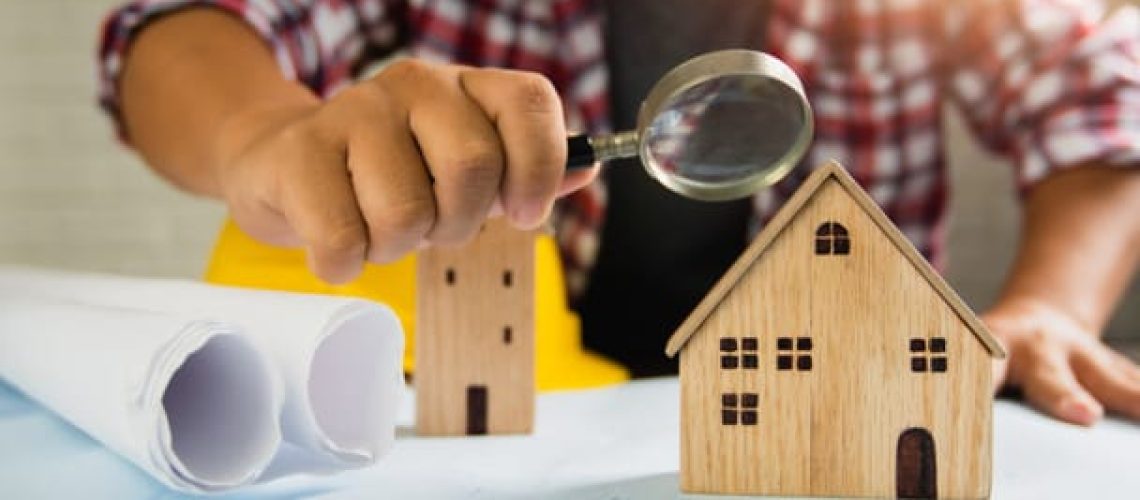Inspecting a house’s physical condition is a vital aspect of the home-buying process. It helps you figure out whether you’re paying a fair price for it and what repairs it might need before or after you move in, not to mention whether you want it at all.
Yes, I understand you are reluctant to hire a home inspector. Purchasing a home is costly enough as it is; why then do you need to spend hundreds of dollars more to inspect it when you don’t necessarily need to? In this article, we’ll discuss what a house inspector can disclose and whether one is worth hiring before you start your home-buying process.
Importance Of Home Inspection Before The Home Buying Process
Is a home inspector important? The obvious answer is yes, but what exactly makes a home inspector important? Below are some of the top reasons you should hire a home inspector before the home-buying process.
- Safety and protection
All properties should be tested for radon, carbon monoxide, and mold, which can be detected during a home inspection. Make sure your home-buying contract stipulates that if such risks are discovered, you have the opportunity to cancel the transaction.
If you’re buying an “as-is” foreclosed home or a short sale, a home inspection is even more important. Foreclosed houses usually develop dangerous mold problems that are both expensive to fix and dangerous to one’s health. Home inspectors usually discover copper plumbing lines and outside compressors removed from foreclosed properties by people seeking to sell recycled coppers for petty cash.
- Identification of unauthorized additions or installations
A home inspector would disclose whether rooms, changed garages, or basements were finished without a legal permit or did not meet the code. If a house has illegal room extensions, it impacts the insurance, taxes, usability, and, most importantly, the overall worth. In essence, a customer is buying something that does not exist legally “r the subsequent owners to solve (and finance). - Expected future costs
The installation age of main systems in the home, such as plumbing, heating & cooling, and crucial equipment like water heaters, can be estimated by a home inspector. They may assess the current state of the building and tell you how long the home’s finishes have been in place. Every item in the house has a “shelf-life.” Knowing when they need to be replaced will help you make key financial decisions and determine what kind of house insurance coverage or warranties you should look into.
Choosing The Right Home Inspector
Now that you know the importance of hiring a home inspector, how do you know which home inspector is the best for you to hire?
First, you must know that not all inspectors are the best fit for you. There are certain inspectors who are a better fit for you than others. Home inspectors have different qualifications, levels of expertise, and levels of zeal. A good inspector, on the other hand, will know what to look for and how to recognize warning indications.
Certain aspects of the house should be inspected by your inspector at all times. You will receive a report detailing their findings after the inspection is done.
When your home is being inspected, you can and should be there. You’ll get a firsthand overview of your inspector’s findings, as well as ask any extra questions you may have while you’re in the house. They’ll also be able to elaborate on any problems they identify in the house, which may be more helpful than depending on images and a report to resolve the issues.
Your inspector should tell you the severity of each fault identified in the house, such as whether it’s a safety concern, a significant flaw, or a minor flaw. Furthermore, they will be able to inform you which faults require complete replacements and which only require repair or service.
If you’re a first-time homeowner, your inspector can also walk you through the house’s normal maintenance regimen.
It is your responsibility to learn as much as possible about the home you may soon call your own. Home inspections show the property’s inner workings, allowing you to be aware of all the benefits and drawbacks it has to offer.


